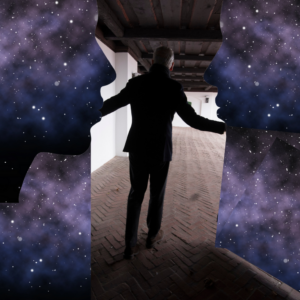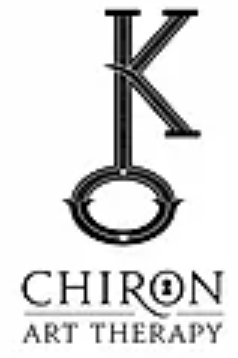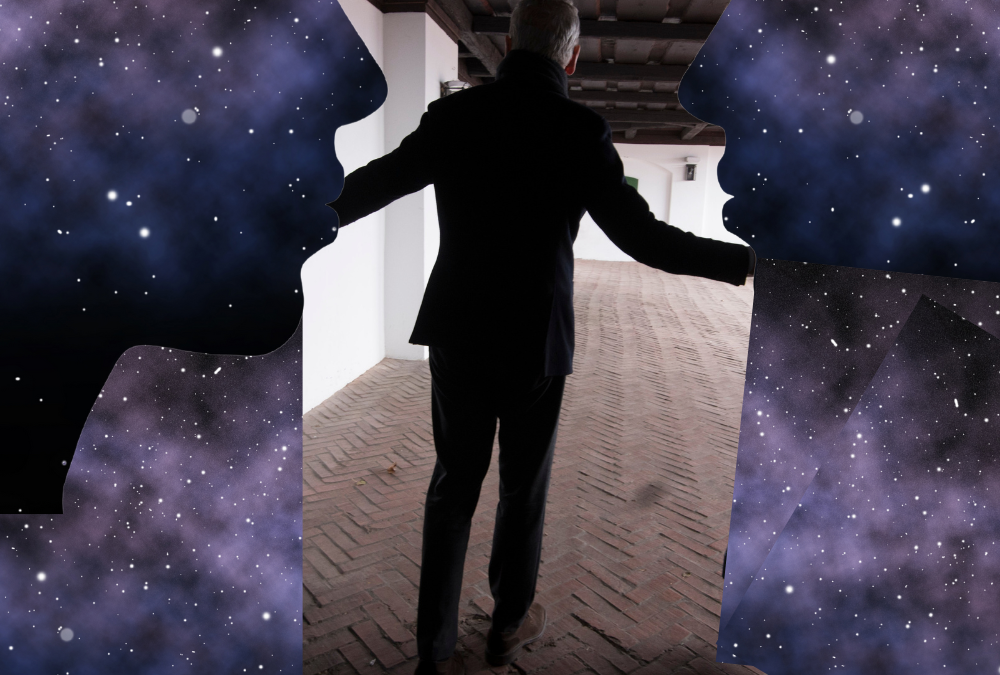Why Traditional Therapy May Leave You Feeling Stuck
Many people seek therapy when they feel overwhelmed, lost, or emotionally exhausted. Cognitive Behavioral Therapy (CBT) and other mainstream approaches focus on helping people function effectively in daily life, which can be incredibly beneficial. However, for those who find themselves stuck in the same emotional loops—despite being “high-functioning”—a deeper approach may be necessary. Depth work starts when you can function. And yet, this is often where the CBT work ends.In this blog post I will detail the approach the goes beyond CBT: unlocking the unconscious with Jungian therapy.
If you find yourself:
- Doing everything for everyone else, yet feeling unappreciated
- Afraid to say no, unsure of what you actually want
- Feeling unheard, even though you’re always listening to others
- Stuck in repetitive patterns that leave you feeling ashamed or unseen
You may struggle with deeper unconscious patterns driving your behaviors and emotional responses. Jungian therapy helps uncover and work with these deeper layers rather than just addressing surface-level thoughts and behaviors.
The Limitations of an Ego-Driven Society
Modern society prioritizes rationality, logic, and productivity. We are encouraged to ignore our intuition, suppress our emotions, and conform to societal norms. Over time, we build strong ego defenses—our personality structures that help us interact with the world. While these defenses allow us to navigate daily life, they separate us from our deeper instincts, leaving us alienated, disconnected, and dissatisfied. For some, this dissatisfaction manifests as frustration; for others, it becomes a more profound despair.
Jungian therapy aims to bridge the gap between our conscious self (the ego) and our unconscious self (the psyche). Doing so helps individuals reclaim the buried, ignored, repressed, or unlived parts of themselves.
How Jungian Therapy Works: Listening to the Psyche
Unlike traditional talk therapy, Jungian analysis works with the language of the unconscious—symbols, images, dreams, and personal myths. These unconscious elements communicate our deepest needs, desires, and fears long before we can articulate them with words. This phenomenon happens because, developmentally, we process the world visually and emotionally before we develop rational thought.
Jungian therapy helps individuals:
- Decode symbolic images in dreams and fantasies
- Recognize recurring life patterns and their deeper meaning
- Understand how unconscious material shapes emotions and behaviors
- Develop a dialogue with the unconscious through active imagination and creative expression
The Non-Linear Path to Change
The ego loves order, logic, and predictability. But true transformation doesn’t happen in a straight line. The unconscious speaks in symbols and metaphors, requiring a more fluid, intuitive approach to healing. This individualistic approach is why Jungian therapy does not follow a strict, step-by-step formula. Instead, it embraces the uncertainty and depth necessary for true psychological transformation.
By its nature, the ego resists change because it perceives the unknown as a threat. Ironically, the very defenses that keep us “safe” can also keep us stuck. Jungian therapy helps loosen these rigid psychological structures, allowing new possibilities to emerge.
Finding Meaning in Your Patterns
Jungian therapists train to recognize the deeper themes and symbolic patterns in a person’s life. What might seem like unrelated events—work struggles, relationship conflicts, creative blocks—often share a common unconscious thread. Through a process known as the hermeneutic approach, Jungians interpret these overlapping themes, helping individuals understand their personal myths and inner narratives.
New patterns often emerge from:
- Being able to hear that quiet, aligned inner voice
- A synchronistic event that feels like fate. It shakes you and gives you goosebumps; you can’t stop thinking about it.
- A shift in understanding after reflecting on past experiences
Learning to listen to these signals allows us to align with a deeper sense of self rather than constantly pushing against unconscious defense mechanisms.
Individuation: Becoming Who You Were Destined to Be
The goal of Jungian therapy is not to make you a “well-adjusted” worker who conforms seamlessly to societal expectations. Instead, Jung believed in individuation—the lifelong process of becoming the most authentic version of yourself.
As Jung said, “In an insane world, the sane person appears to be insane.” True healing is not about fitting into a dysfunctional society but discovering and living out your unique, personal path, your destiny.
Questioning Core Assumptions
If we want to progress, we must question our core assumptions. Your ego consciousness develops through making assumptions and forming unconscious complexes that you learn throughout your life. However, these unquestioned assumptions got you to where you are now.
While working with someone on a symbol or image in a dream, I start questioning what that image, situation, or symbol means in context to your life’s history. From there, we can start to piece together where the dream is trying to get you to question these ego assumptions about your life so that you can think about things differently. This outcome is where increased consciousness and change come from.
Techniques Used in Jungian Therapy
1. Embodiment and Internal Sensing
Often, symptoms arise when our unconscious is trying to speak through the language of our bodies. Developing an attuned sense of what your body is trying to tell you is how embodiment can help you understand your needs. You can apply this skill when you are transgressing against yourself. Fun fact: this is what makes us resentful of other people—ignoring our own needs.
2. Tracking Emotional Fluctuations and Fantasies
Here’s another way that goes beyond CBT: unlocking the unconscious with Jungian therapy. Have a random thought? Is there a song stuck in your head? Unconscious earworms and daydreams can tell us what is moving under the surface of our consciousness. We start to understand the multilayered nature of our psyche. This idea also applies to intrusive thoughts. Instead of trying to annihilate them, the Jungian approach seeks to understand what these parts of you are trying to communicate. Integrating these parts decreases shame and releases tension and trauma.
3. Ritual Responses to Dreams
Sometimes, the internal energetic change doesn’t happen until we physically act in response to the dream. This action honors the dream, our internal process, and our psyche. It starts to undo the overculture’s insistence that nothing has meaning and nothing matters.
The Jungian Approach: A Call to Depth Work
If this rings true for you, the depth approach of Jungian psychoanalysis might be calling you. We go beyond the cookie-cutter, worksheet-driven method to delve into your psyche’s dark (unseen shadow) aspects. This customized unique approach is a way to unlocking the Unconscious with Jungian Therapy. In that case, Jungian therapy, often called dream analysis, offers a transformative journey toward self-discovery and fulfillment that, in my not-so-humble opinion, is the crème de la crème.
Join My Online Art Therapy Dream Group – Starting in July!
For those looking to explore their dreams in a supportive, creative space, my online art therapy dream group is now accepting new members! While this is not psychotherapy per say, the group provides the opportunity to understand your dream better while learning and sharing with others. This group includes monthly lessons about dreams, art therapy prompts, and real time online group space to ask questions, interact, find support, and work on our creative, art responses to our dreams together in an intimate online therapeutic container.

Maggi Colwell
Maggi is a licensed art therapist at Columbus Art Therapy who assists their clients to discover more of themselves through dream analysis, art therapy, shadow work, and depth psychotherapy. They specialize in working with grief and loss as well as c-PTSD. Click the button to sign up for Maggi's newsletter to get notifications about new blogs and upcoming events including workshops, groups, rituals, and art.

